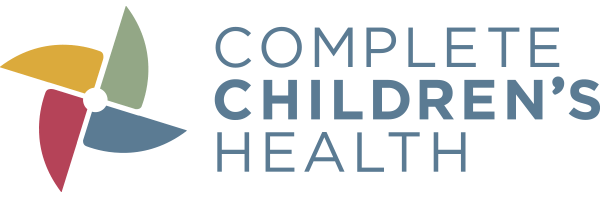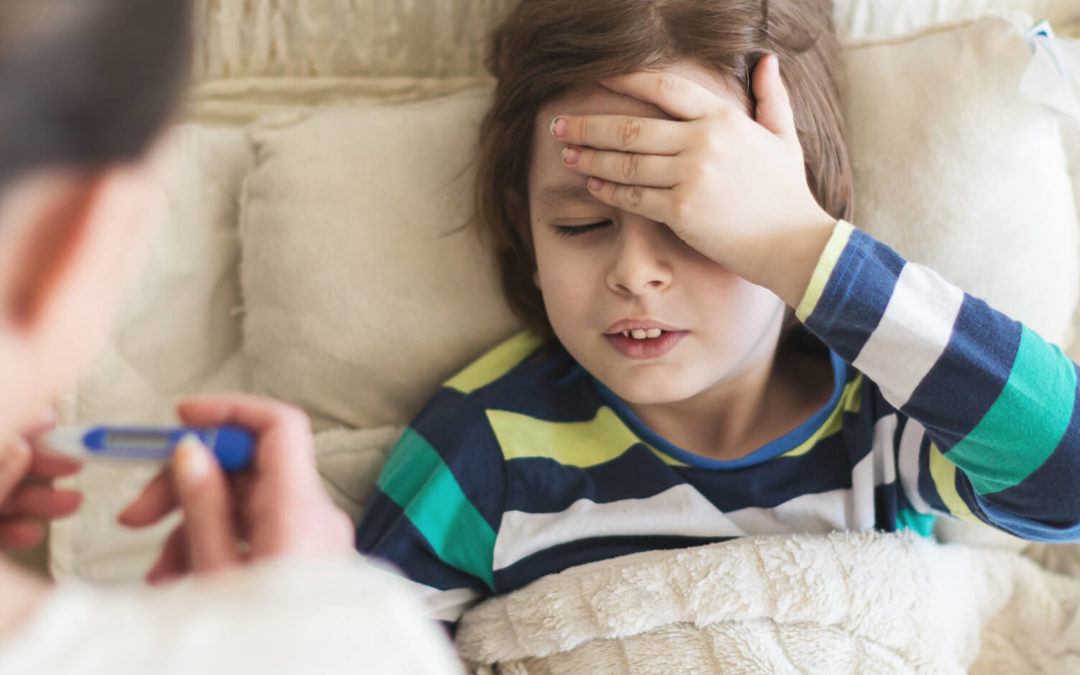My Child has cold symptoms, at what point do I need to call the doctor’s office?
Good question! All children get colds- also known as an upper respiratory infection or URI. A cold is a viral infection of the nose and throat. The most common cold symptoms are a runny or stuffy nose. The nasal drainage or “snot” may be clear, cloudy, yellow or green. Fever, sore throat, cough, hoarse voice, watery eyes and swollen lymph nodes in the neck are also associated with colds sometimes. It is normal for children to get at least six colds a year. The average cold can last two weeks and there is no medicine that will make it go away sooner.
Most colds can be treated at home; here are a few situations in which you should definitely call:
Call 911 if your child has severe difficulty breathing-struggling for breath, is unable to speak or cry or is making grunting noises with each breath or if breathing is very shallow or slow.
Go to the Emergency room if your newborn (less than 4 weeks old) has a fever 100.5 or higher taken rectally.
Call our office any time day or night if your 4-12 week old has fever 100.5 hour higher taken rectally, your child is not alert when awake, has fever (at any age) of 105 or if your child has a weak immune system and has cold symptoms (HIV, is on chemotherapy, organ transplant etc. )
Call during business hours for an appointment if your child has ear pain and fever, sinus pain for more than 24 hours, sore throat and fever are the main symptoms, has fever for more than three days or has fever that returns after going away for 24 hours.
If your child has an uncomplicated cold, you can treat your child at home. If nose is running have your child blow their nose. For younger children gently suction the nose with a suction bulb. Sometimes it helps to put a few drops of saline solution in the nose before suctioning. The saline may run out of the nose or make your child sneeze which is fine. You can buy saline nose drops over the counter or make your own at home: add ½ teaspoon salt to eight ounces of warm water.
Encourage your child to drink liquids. This helps prevent dehydration and helps keep secretions thin. Running a humidifier in your child’s room is also helpful.
Cold medicines are not recommended at any age. They are not helpful and may cause side effects. Antibiotics are not helpful for colds either.
Use Acetaminophen or Ibuprofen for fever. Do not alternate them unless specifically advised to do so by your provider. Children over six years can use cough drops and children over one year old can use ½-1 teaspoon of honey or corn syrup for sore throat or cough.
Your child can return to daycare or school once fever is gone and they feel well enough to participate in normal activities.
Source: Pediatric Telephone Protocols 14th Edition. Barton Schmitt MD

